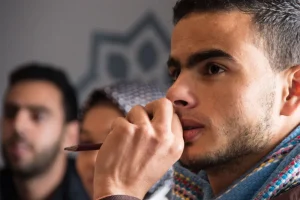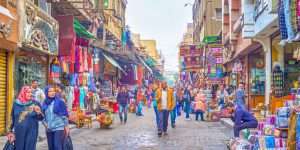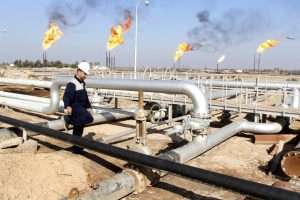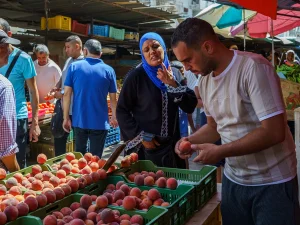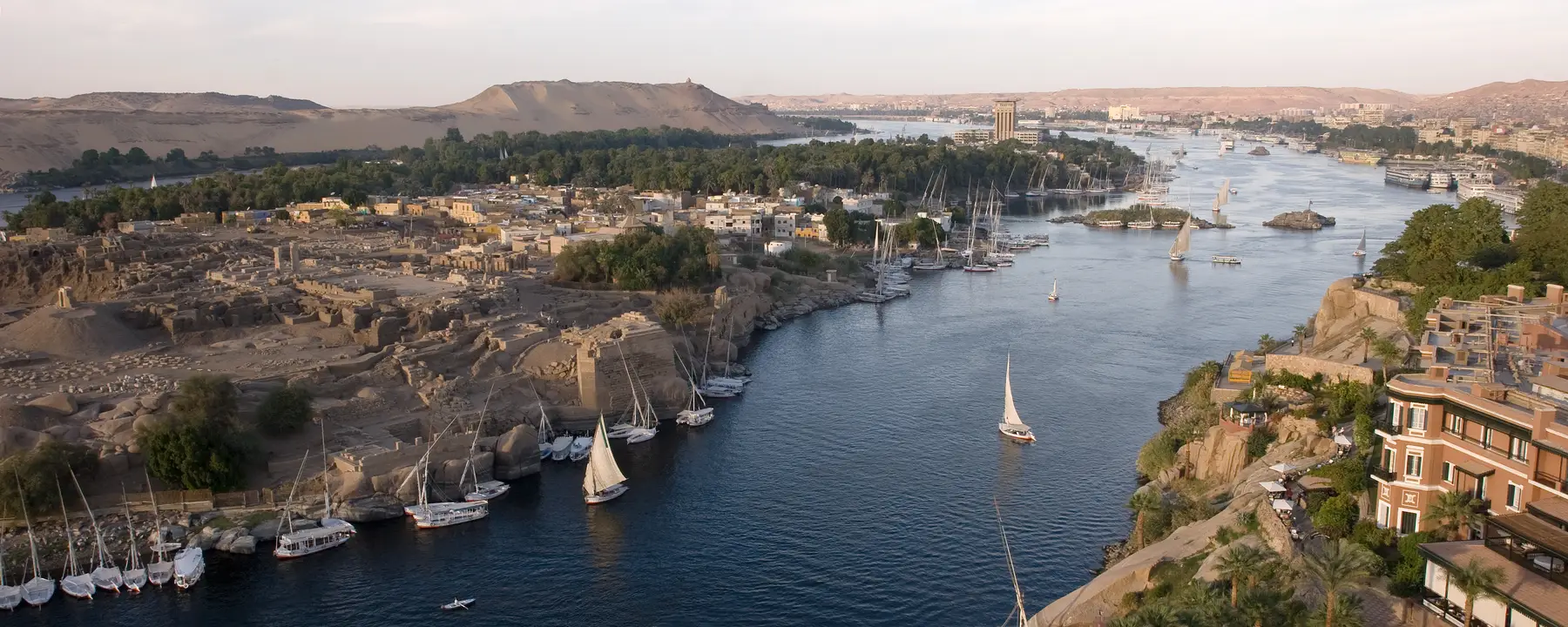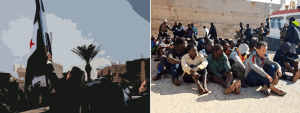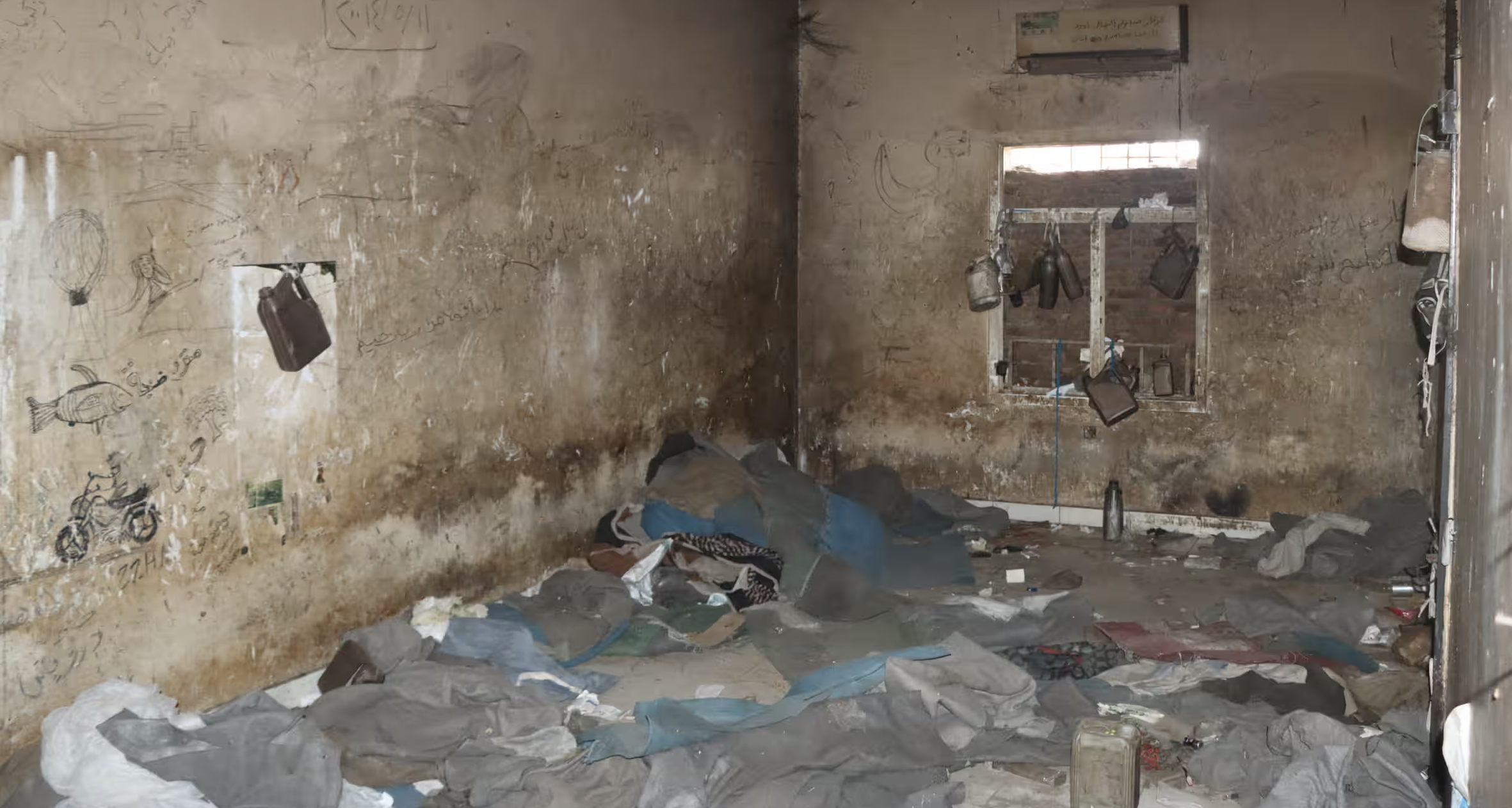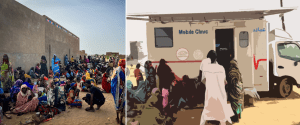UN: Moroccan women struggle to access and stay in workforce
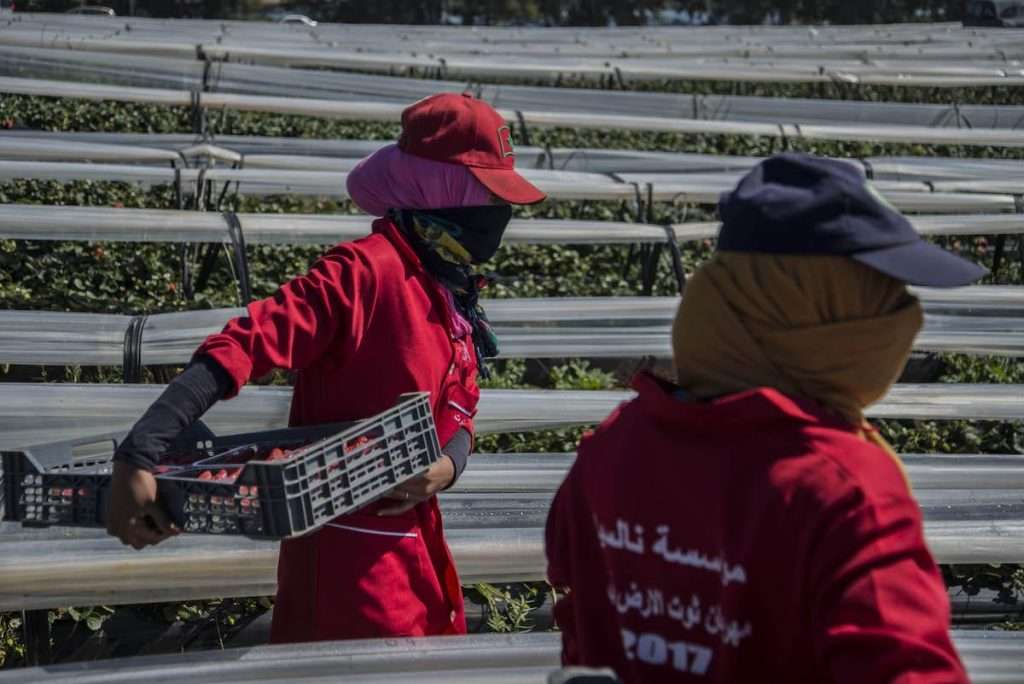
Despite financial progress, Moroccan women continue to face significant barriers in entering and remaining in the workforce, according to a new report released by UN Women and the UN Economic and Social Commission for Western Asia (ESCWA) on April 16th.
Titled “Progress on the Sustainable Development Goals: A Gender Snapshot of the Arab Region 2024,” the report highlights the persistent economic and employment challenges that many women across the region—and particularly in Morocco—continue to face, as reported by the Moroccan government friendly Hespress .
Although more Moroccan women have gained access to bank accounts and digital financial tools, this advancement has not yet resulted in meaningful improvements in employment outcomes.
Access to financial services, while important, has not addressed the deeper systemic barriers that hinder women’s participation in the formal economy.
In 2023, the unemployment rate for Moroccan women aged 15 and older stood at 17.2%.
While this is somewhat lower than the Arab regional average of 19.5%, it remains one of the highest rates in the region.
Young Moroccan women are especially affected: a staggering 44.4% of women between the ages of 15 and 24 were unemployed, placing Morocco among the top countries in the region for female youth unemployment, alongside Egypt, Iraq, Palestine, and Libya.
Moreover, over half (53.9%) of young Moroccan women were not in education, employment, or training (NEET) in 2023, reflecting a critical gap in opportunities for personal and professional development.
Among Moroccan women who are employed in the workforce, a significant proportion—nearly 65%—work in the informal sector, where job security, social protections, and benefits such as healthcare or retirement plans are largely absent.
Financial inclusion has seen some growth, with 32.7% of women having a bank or mobile money account as of 2021.
While this marks an improvement compared to regional peers like Algeria and Tunisia, it still lags behind the financial inclusion levels in Gulf countries such as Saudi Arabia and the UAE.
Hespress. Maghrebi
Want to chase the pulse of North Africa?
Subscribe to receive our FREE weekly PDF magazine





